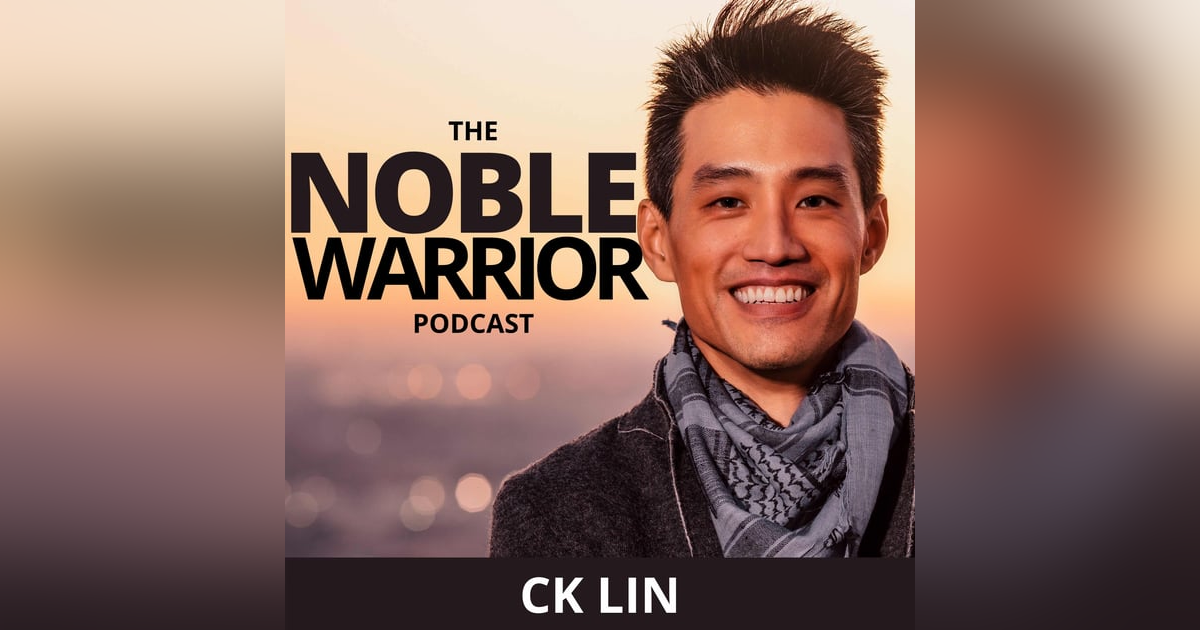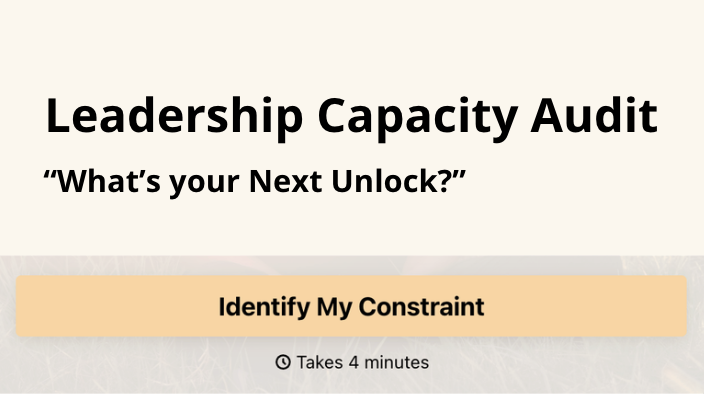June 3, 2020
071 Cameron Sinclair: Architecture, Resilience, And Building a World Worth Living In
Today's guest is Cameron Sinclair, the co-founder of Architecture For Humanity, the director of the Jolie-Pitt Foundation, head of social innovation for AirBnB, and a pioneer in humanitarian architecture. He has dedicated his life to making the world a better place through more conscious and community-focused architecture.
Some of the topics we discuss:
- Gaining true perspective through tragedy
- How to use architecture to improve humanity
- Universal Basic Income and the balance between fixing the old world and creating a new one
- How to stay courageous
- How to recognize when you are in a bad situation
- The difference between a startup and a stay-through
- Learning to deal with detractors
Links
- Full Episode--> https://www.noblewarrior.com/episode/071-architecture-resilience-wisdom-cameron-sinclair/
- www.givefrontlinecare.com
Get full access to Infinite Flow at cklin.substack.com/subscribe

















